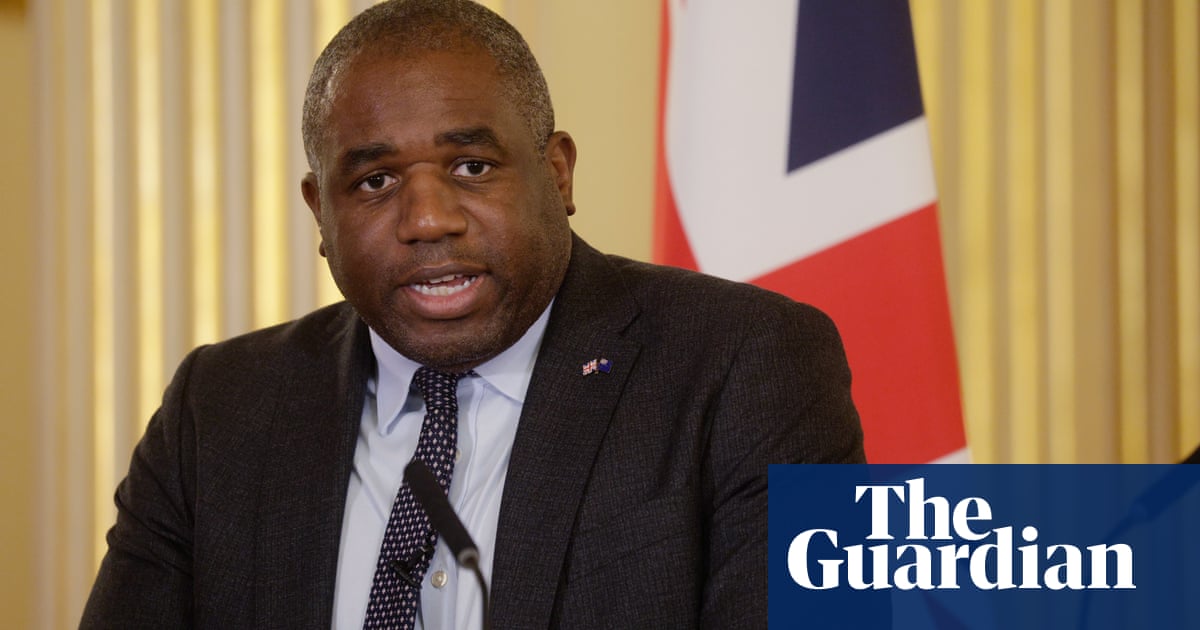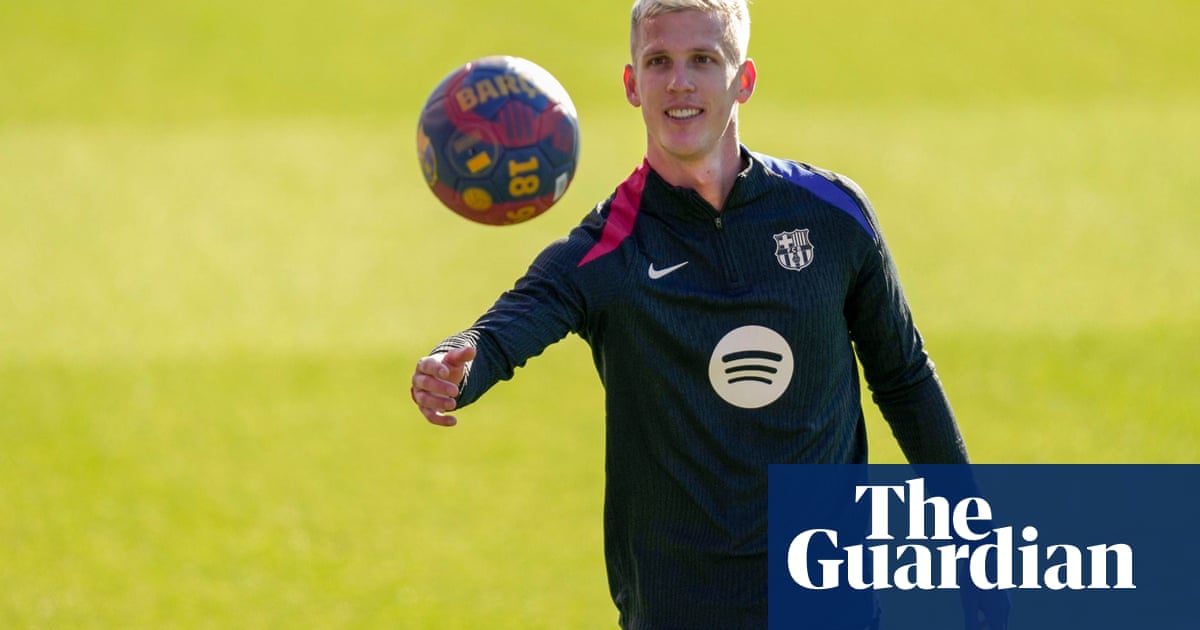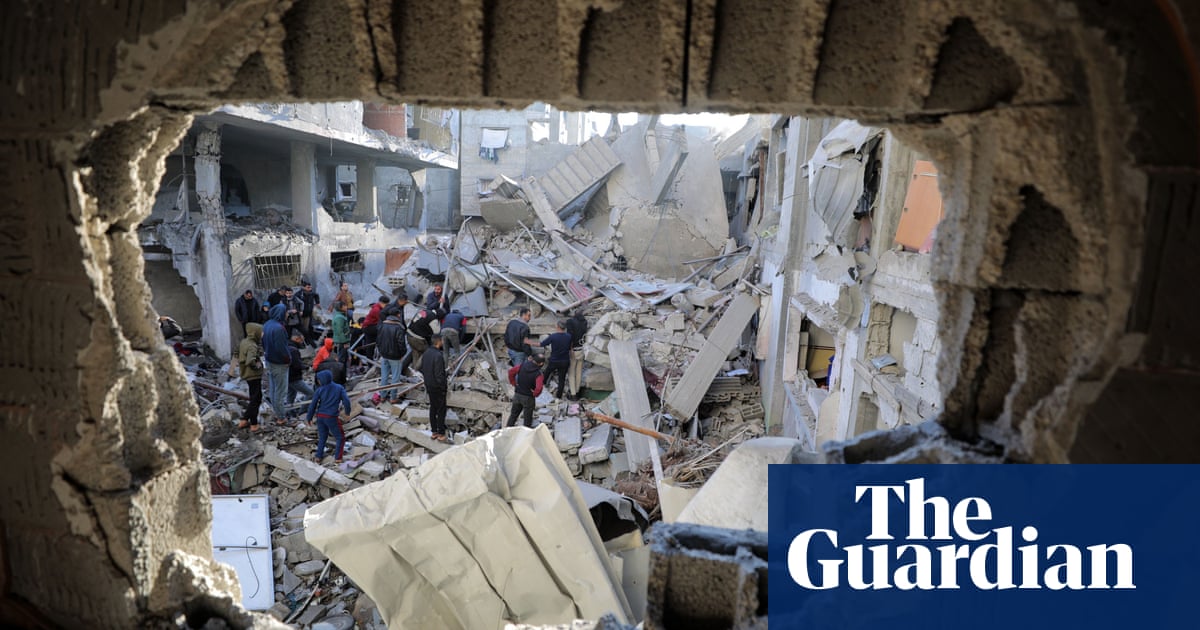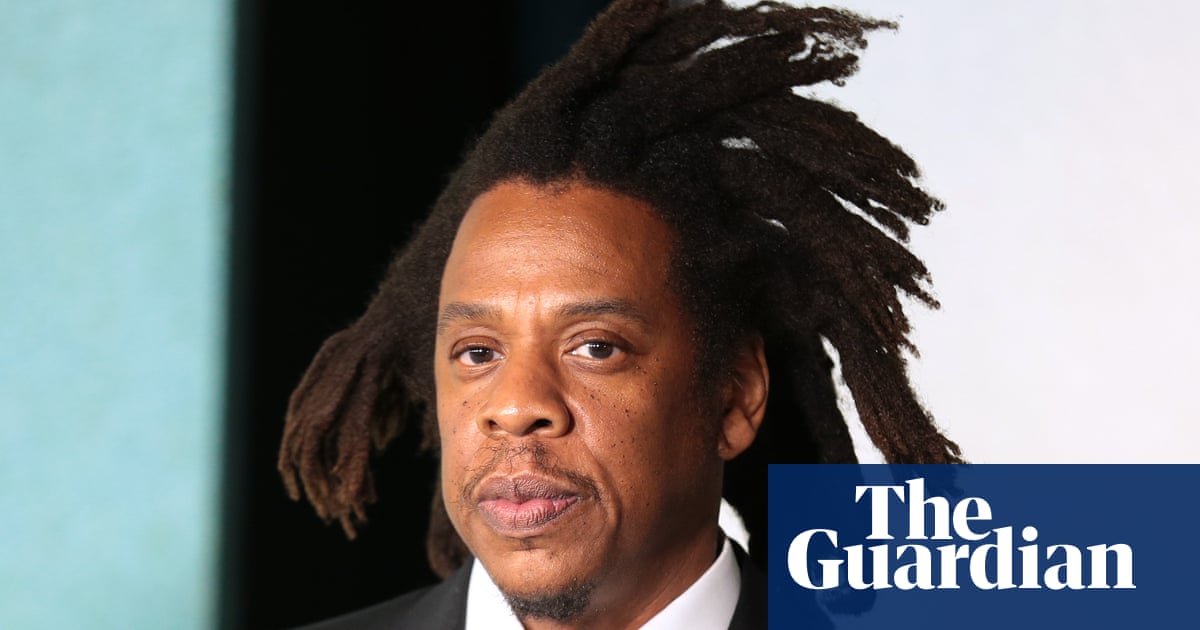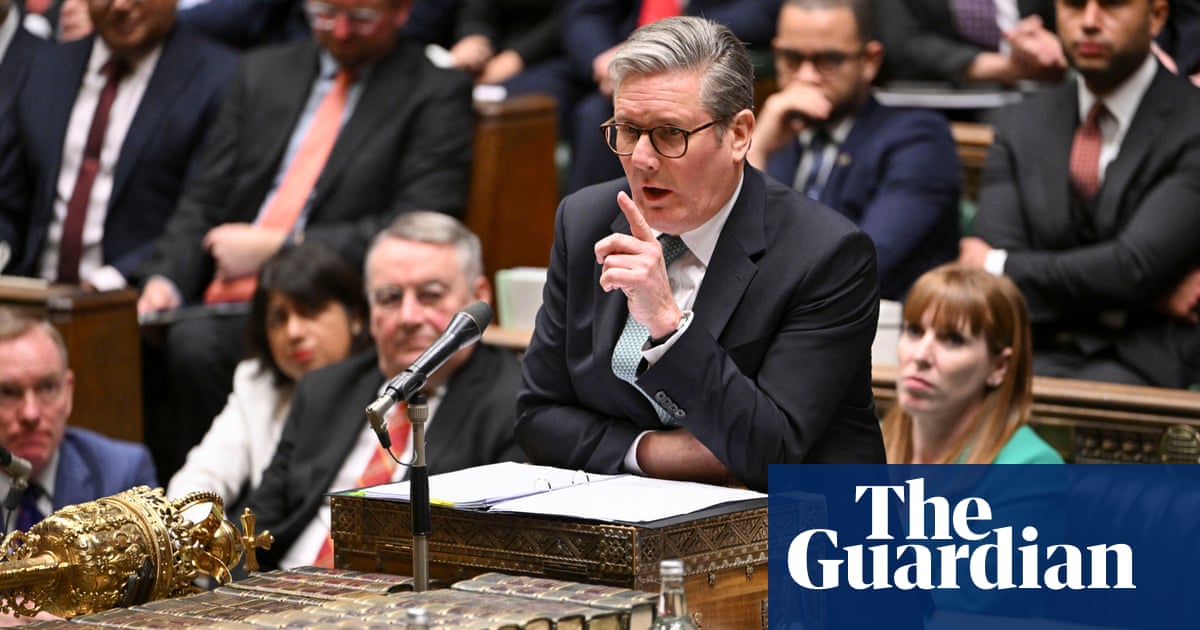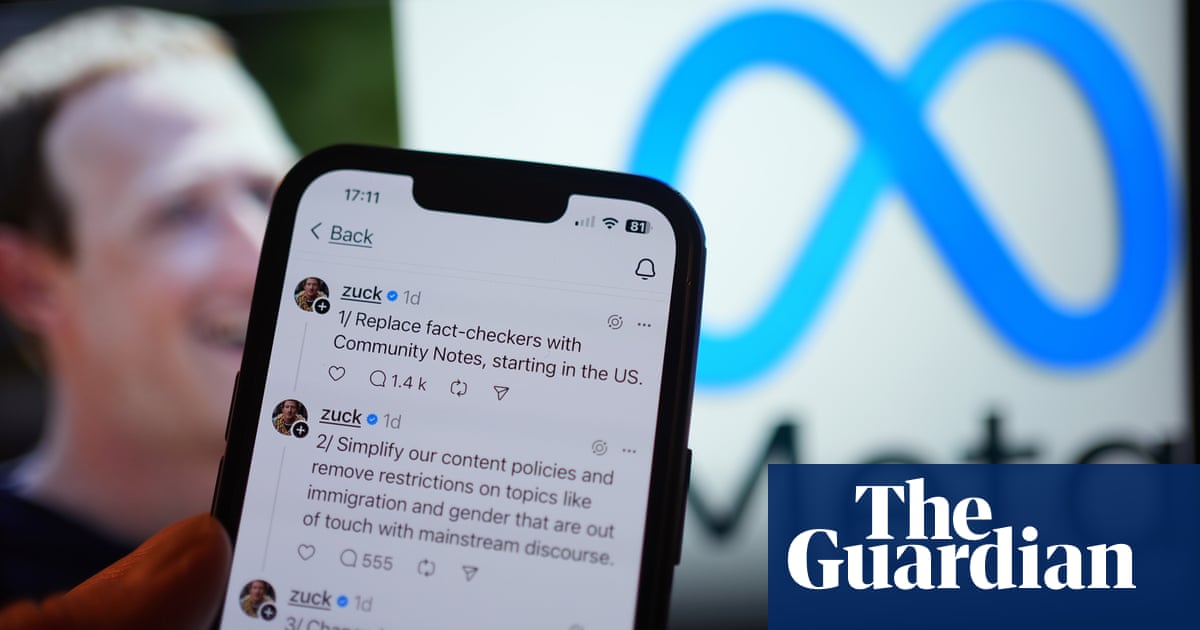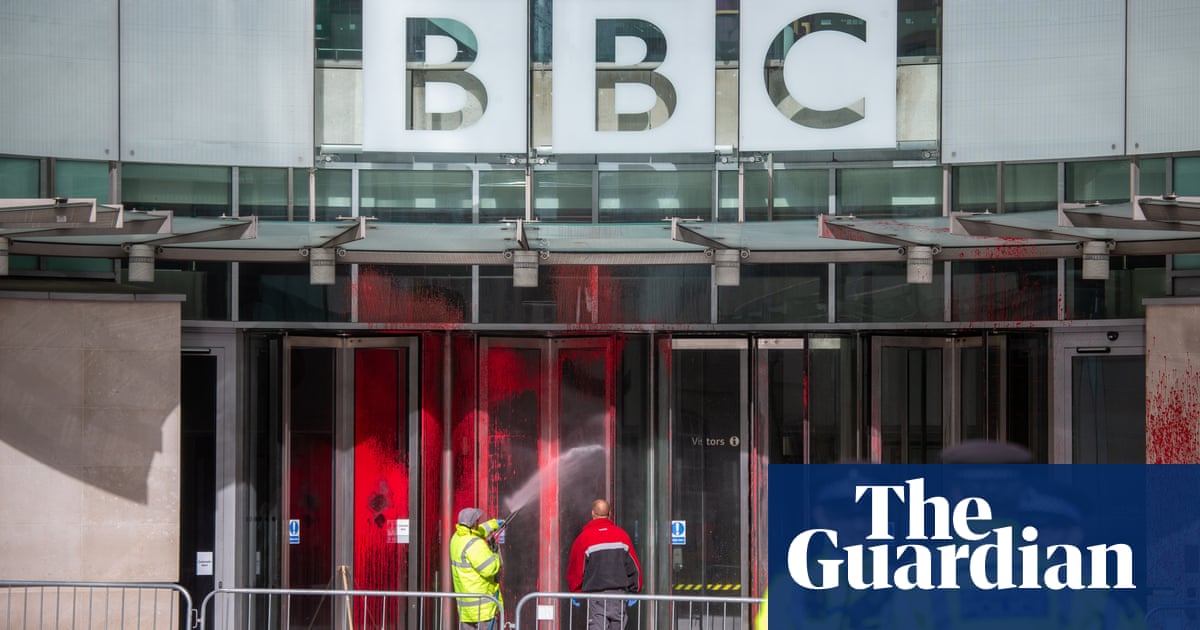Depending on whom you ask, they are the boost that Russian forces need to make a significant breakthrough in Ukraine, or they are simple cannon fodder, destined for repatriation in body bags.
After weeks of speculation, Nato and the Pentagon have confirmed that around 10,000 North Korean troops are in Russia, with most massing near Ukraine’s border in Kursk, where the Kremlin’s forces have struggled to repel a Ukrainian incursion.
US officials believe the North Koreans could enter the conflict within days, as the Ukrainian president, Volodymyr Zelenskyy, pleads with his country’s allies to “stop watching” while his troops prepare to confront a new and untested enemy.
It is too early to say how the Russian-North Korean “blood alliance” will change the dynamics of the conflict. The US secretary of state, Antony Blinken, said Russia had been training them to use artillery, drones and “basic infantry operations, including trench clearing, indicating that they fully intend to use these forces in frontline operations”.
But not one of the young men drafted from Kim Jong-un’s regular army of around 1 million – the “strongest in the world”, according to Kim – have seen combat. And they will be fighting on unfamiliar territory, with new weapons and in uniforms bearing the flag of a country – Russia – they know little about.
While their arrival relieves pressure on Russia to draft more of its own citizens, with the US estimating that more than 500,000 Russians have been killed or wounded since the war started in February 2022 – experts believe the military dividends for the Kremlin will be limited.
North Korean pilots flew during the Vietnam war, and the country provided military advisers and air force personnel to Egypt during the Yom Kippur War in 1973, as well as military aid to Syria.
But North Korea has not fought in a major war since the early 1950s, when a three-year conflict between North and South ended in an uncomfortable truce but not a peace treaty.

The soldiers, thought to be mostly in their teens or early 20s, have been trained in mountainous North Korea and have no experience of the large, flat battlefields of Ukraine, according to experts.
Russia appears to have armed more than 7,000 North Korean soldiers positioned near the border with Ukraine with 60mm mortars, AK-12 rifles, machine guns, sniper rifles, anti-tank guided missiles and anti-tank grenade launchers, as well as night vision equipment, the Yonhap news agency said, citing Ukraine’s intelligence agency.
“This deployment is historic for North Korea, which has previously sent advisory or specialist groups abroad but never a large ground force,” the Center for Strategic and International Studies, a US thinktank, said in an online post.
The North Korean forces in Russia are thought to include about 500 officers and a small number of generals, as well as members of the Storm Corps, elite troops who are better trained – and fed – than most of their comrades, who are poorly equipped and vulnerable to illness and malnutrition.
In 2017, a North Korean soldier who made a frantic escape across the border – barely surviving multiple gunshot wounds from his own side – was found by the South Korean doctors who saved him to have a 27cm intestinal worm and a host of other parasites in his system. His stomach contents reflected a poor diet – cheaper corn instead of rice – and this for a staff sergeant said to be from the relatively elite border guard. South Korean researchers in 2015 cited elevated rates of chronic hepatitis B and C, tuberculosis and parasites among North Korean defectors.
‘Most of them are unlikely to come back home alive’
Provided they survive, the transplanted troops could benefit from their time on the Ukrainian front, according to former North Korean soldiers who say many will see their tour as a source of pride. It will also an opportunity to earn extra money and, perhaps, secure better treatment for their families who, according to South Korean military intelligence, have been moved en masse to unknown locations to keep the deployment secret.
“They are too young and won’t understand exactly what it means,” said Lee Woong-gil, a former member of the Storm Corps who defected to the South in 2007. “They will just consider it an honour to be selected as the ones to go to Russia among the many North Korean soldiers. But I think most of them are unlikely to come back home alive.”
Most of their wages will go directly to the regime – potentially hundreds of millions of dollars in foreign currency that is rumoured to form part of a deal Kim reached with Vladimir Putin this summer. Depending on how long the conflict lasts and the number of North Korean troops involved, their mutual defence agreement could include the transfer of sophisticated Russian weapons technology in return for North Korean ammunition, missiles and personnel.
Reports of dead and wounded soldiers would have little impact on the North Korean army – state media claimed last month that 1.4 million people had applied to join or return to the army in the space of a week. But significant losses would deal a blow to Kim should the news ever get past the country’s tightly controlled propaganda machine.
“Kim Jong-un is taking a big gamble,” said Ahn Chan-il, a former North Korean army first lieutenant who is now head of the World Institute for North Korean Studies, a thinktank in Seoul. “If there are no large casualty numbers, he will get what he wants to some extent. But things will change a lot if many of his soldiers die in battle.”
The coming weeks will tell if the North Korean troops are more than poorly prepared, unwitting mercenaries Kim has offered up to enrich and strengthen his regime.
Choi Jung-hoon, a former first lieutenant in North Korea’s army who now leads an activist group in Seoul, said his “heart ached” when he saw a Ukraine-released video purporting to show young North Korean soldiers lining up to collect their Russian military fatigues and equipment last month.
“None would think they are going to Russia to die,” Choi said. “But I think they’re cannon fodder because they will be sent to the most dangerous sites. I’m sure they will be killed.”
Agencies contributed reporting.

.png) 2 months ago
19
2 months ago
19





